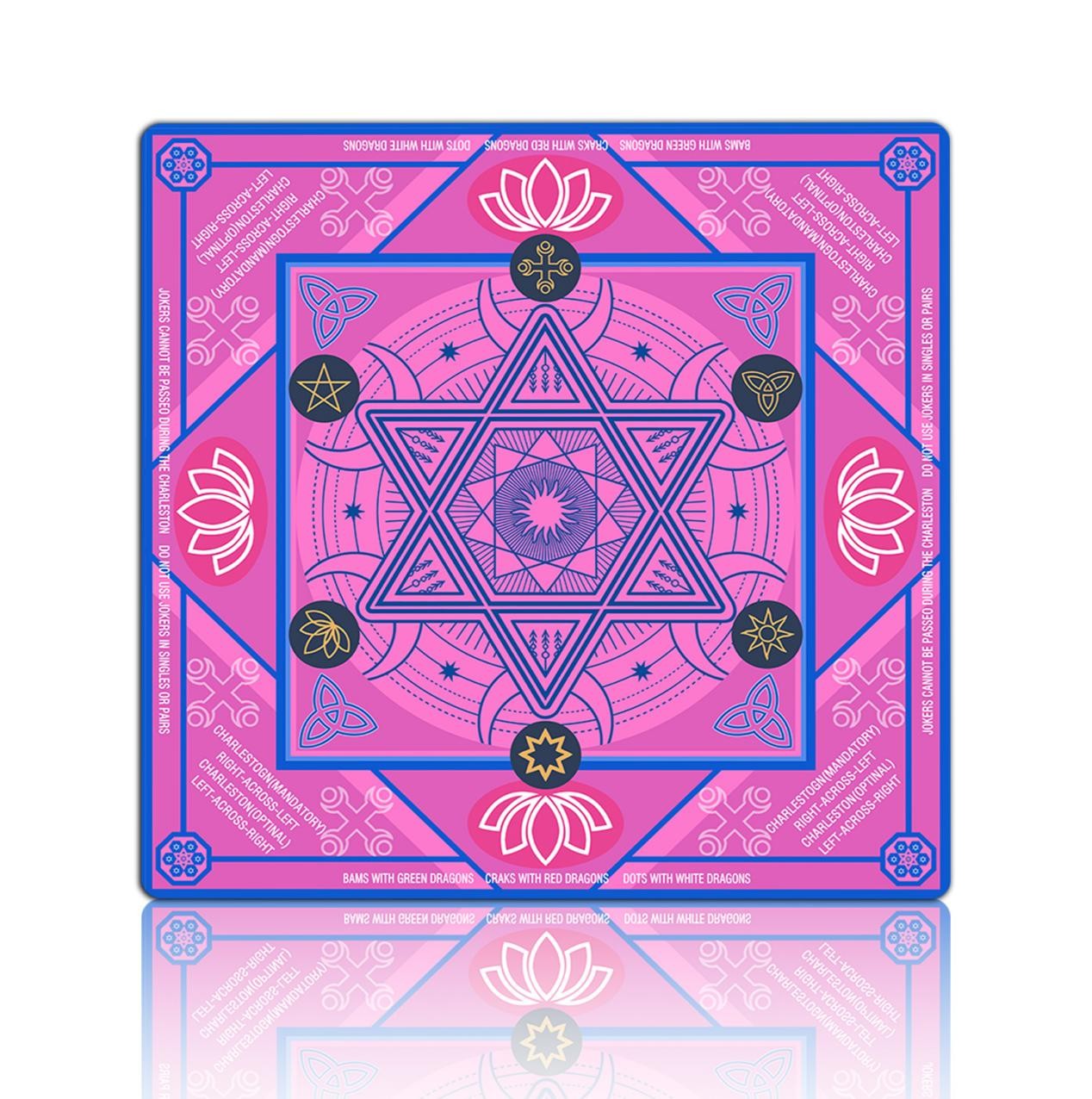In today's world, where sustainability and health-consciousness are gaining prominence, it is crucial to consider the materials used in our clothing. The demand for non-toxic clothing materials has surged, prompting the need to explore the best options available. This article delves into the realm of non-toxic clothing materials, providing insights into their benefits, environmental impact, and suitability for various purposes.
- Understanding Non-Toxic Clothing Materials:
Non-toxic clothing materials are those that are free from harmful chemicals, pesticides, and synthetic additives. They prioritize the well-being of both the wearer and the environment. These materials are often organic, natural, or sustainably sourced, ensuring a reduced carbon footprint. - Organic Cotton: A Staple for Non-Toxic Clothing:
Organic cotton stands out as one of the best non-toxic clothing materials. Grown without the use of synthetic pesticides or fertilizers, it eliminates the risk of chemical exposure. Organic cotton garments are not only gentle on the skin but also biodegradable, making them an eco-friendly choice. - Bamboo Fiber: The Versatile and Sustainable Option:
Bamboo fiber has gained popularity as a non-toxic clothing material due to its versatility and sustainability. Bamboo grows rapidly without the need for pesticides, making it an environmentally friendly choice. The fabric derived from bamboo is soft, breathable, and naturally hypoallergenic, making it suitable for sensitive skin. - Hemp: The Durable and Eco-Friendly Choice:
Hemp fabric is renowned for its durability and eco-friendliness. It requires minimal water and no pesticides to grow, making it a sustainable alternative to conventional materials. Hemp clothing is not only long-lasting but also naturally resistant to UV rays and mold, making it ideal for outdoor activities. - Linen: The Timeless and Breathable Fabric:
Linen, derived from the flax plant, has been used for centuries due to its exceptional qualities. It is highly breathable, moisture-wicking, and biodegradable. Linen clothing is perfect for warm climates as it allows air circulation, keeping the body cool and comfortable. - Tencel: The Innovative and Eco-Friendly Fiber:
Tencel, also known as lyocell, is a regenerated fiber made from sustainably sourced wood pulp. The production process is environmentally friendly, using a closed-loop system that minimizes waste. Tencel fabric is soft, breathable, and has excellent moisture-wicking properties, making it an excellent choice for activewear and everyday clothing.
Conclusion:
When it comes to non-toxic clothing materials, several options cater to different needs and preferences. Organic cotton, bamboo fiber, hemp, linen, and Tencel are among the top choices for those seeking sustainable and non-toxic clothing. By opting for these materials, we can contribute to a healthier environment and promote a more conscious and responsible fashion industry.







